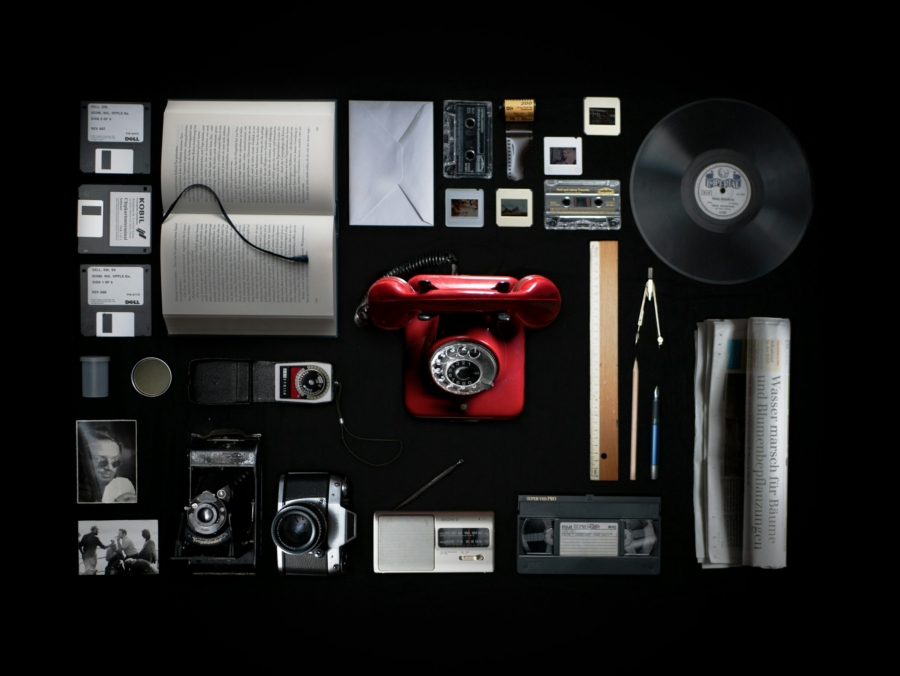How American Media Misshaped K-Pop
There is a running joke in South Korea that not even native Koreans would dare to traverse into the mystic land of Peju, depicted in Hawaii Five-0. Aired in 2010, the show was a remake of the original from 1960s. It had some incendiary scenes for Korean audience. In a decrepit bar in a jungle, a bartender serves literal Bloody Mary with makgeolli and snake blood. Mind you, there is no city named Peju, as far as I know. The show clearly used Pohang as-is, I wouldn’t think they deliberately made a decision to avoid the name of a real city, Paju. Both Pohang and Paju are quite big — roughly 490k and 520k populations, respectively.
Dialing back to James Bond era, a proper Cold War franchise, there was a James Bond film that created a national boycott. I wouldn’t try my luck in James Bond series in the first place, as the author had kept anti-Korean remarks as early as Gold Finger. However, Die Another Day is not an ordinary film adaptation — there is no single book to base it off of. The film was released in 2002, and the same shenanigans were present: exotic backdrops, featherlight geopolitics, and last but not least, incomprehensible broken Korean pronunciations. The film was rightfully a flop — one Power Glove movie was traumatic enough for most movie goers, and that movie came out in 1989.
In the movie World War Z, which came out after Gangnam Style hit, there is some tonal shift on how pan-Asian stereotype is applied to Korea. Outside the film, apparently Paramount wanted to change the original outbreak from unknown town in China to Camp Humphreys in South Korea; investors be investors, the company tried to release the film in China with the edit. However, it is quite the case of geopolitical blindness. Camp Humphreys, an American military base, is only 40 miles away from Seoul, in a city that has roughly 600k populations. If I had said ‘in a remote American village with populations in a ballpark of Baltimore and Las Vegas …… ’ the sentence alone would leave much of the audience confused.
What I find troubling with these lazy coverages of Asia in particular is its hidden cost. Frostbite took many lives during Korean War, and there is even a warship named after one of the worst cold battle of the Cold War. It’s one to forget about a war, but something else entirely not being able to put a country on the globe. Korea, or K-Pop, — to hit it closer to home — wasn’t born yesterday. But media likes to play they have done their homework. And the high price speaks for themselves: we had the hilarious but honest anti-fur protest during the 2018 Pyeongchang Winter Olympics — in a city where it may have been “too cold” for Winter sports.
